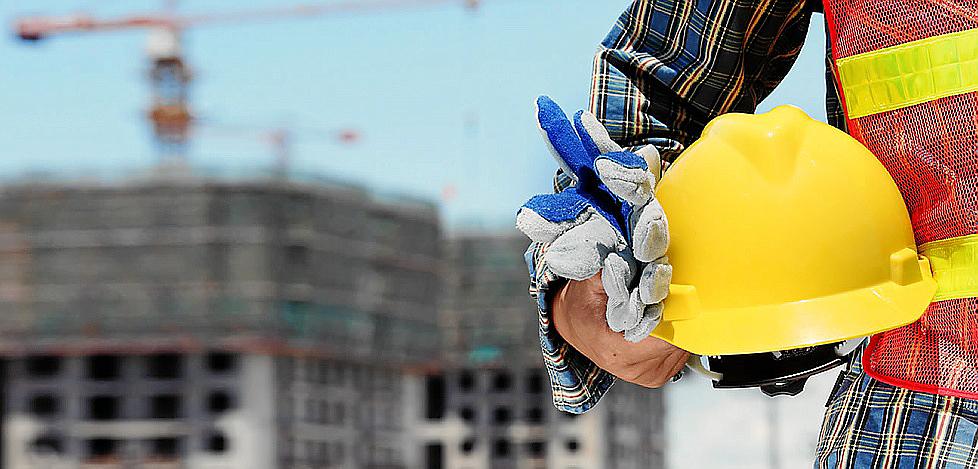Luis Martin, the president of the Balearic Association of Developers, warned yesterday that there is an acute shortage of housing in the Balearics and urged the government to work on ensuring that there was enough to meet demand. "We are on the point of this becoming a serious problem," he added, explaining that the situation is affecting the middle class in particular, while social housing is all but non-existent in meeting some 15,000 demands at present.
With population-growth forecasts pointing to annual increases of 3,500 up to 2029, the developers estimate that 1,100 units of new housing will be needed each year, rather than the 400 which are envisaged.
In terms of property transactions, Martin observed that demand has shifted strongly towards used homes - 75% of transactions in 2015 - and has been directed also towards renting, which thus leaves things in the hands of "big operators". He is asking the government and other authorities to alleviate the situation by studying modifications to the heights of buildings and to permitted densities as well as by reactivating developments with issues regarding their processing.
With an increasing population and scarcity of land, this is bound, stressed Martin, to make housing more expensive and itself more scarce; it will be beyond the reach of the middle class. It is urgent, therefore, that there is urban planning legislation for the long-term, by which he meant forty years from now.
In the case of social housing, he said that obtaining accommodation through the so-called "bad bank" Sareb and other banks was just a short-term solution. The vice-president of the association, José Luis Guillén, added that the association is proposing that the government allocates a small stock of housing for social needs and uses it for rent rather than sale and so keeps it as an asset.
Martin went on to say that at the start of the current administration there was much talk about housing rehabilitation and a review of planning. However, nothing has yet been forthcoming, despite the government parties having been "very receptive" to this during the election campaign.


2 comments
To be able to write a comment, you have to be registered and logged in
So this guy, Luis Martin, has a great heart and wants to "save us" from high property prices, right? Or is he really interested in a relaxation of the construction restrictions and laws so they can build more and make huge profits? They created a big bubble here which exploded in their faces (and ours, the locals). Lots of construction companies wiped out. And now they want to rinse and repeat... It's crazy. All they want is to turn our poor island into a new Hong Kong. Please stop covering the Balearics with concrete. Google "Balearization" and see how people like these invented the term, which means massive destruction of the environment and non-stop construction.
Funny,when I go to Majorca,I see lots of empty apartment blocks,where I used to live in Santa Ponsa,two new apartment blocks were built and they only have three occupants between them,why don't councils buy up some of these empty apartments from the banks or builders and rent them out at a social rent,it would surely be cheaper than building yet more apartment blocks and would be an ideal solution all round.